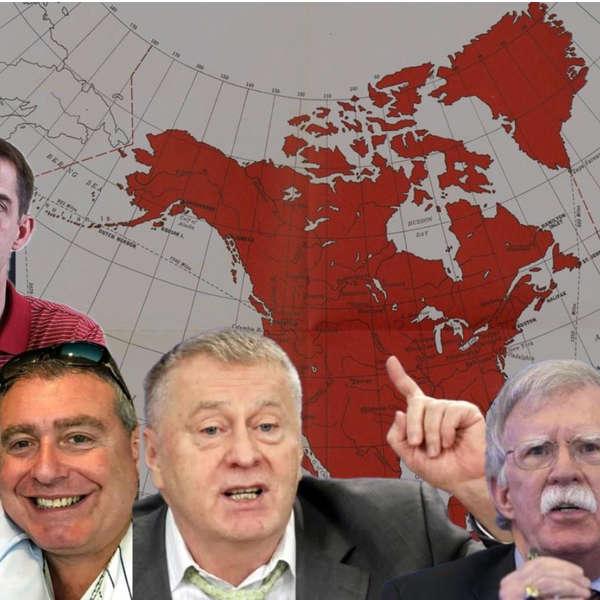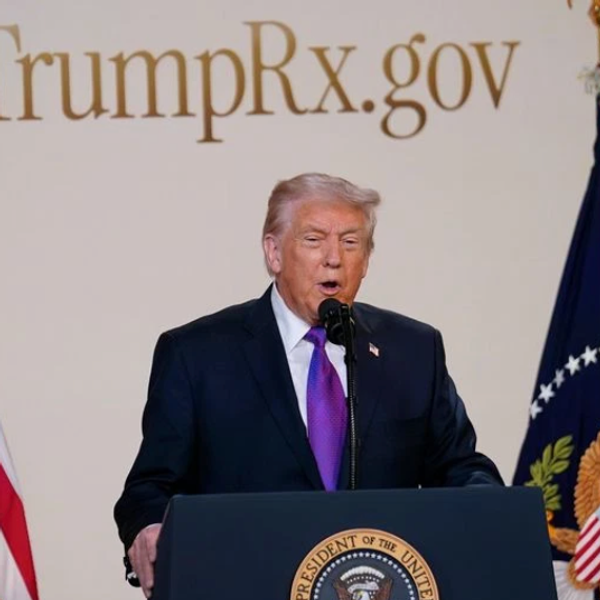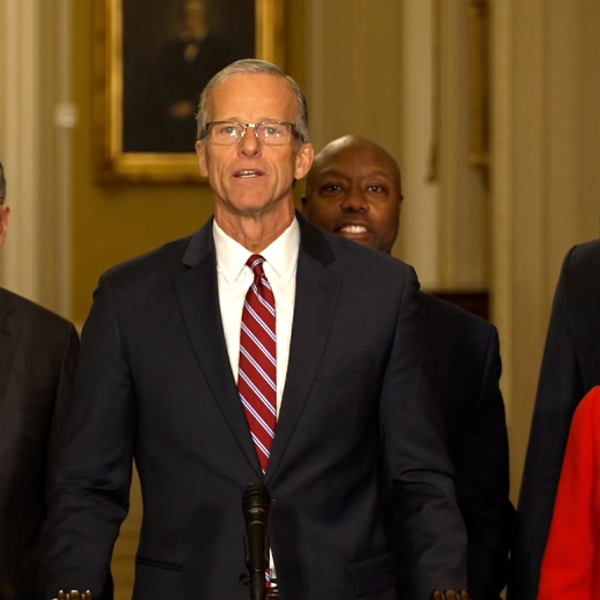
President Joe Biden with leaders of Australia, Japan, and India in Tokyo
By Trevor Hunnicutt and Sakura Murakami
TOKYO (Reuters) -- President Joe Biden on Tuesday said there was no change to a U.S. policy of "strategic ambiguity" on Taiwan, a day after he appeared to stretch the limits of the U.S. line on the island by saying he would be willing to use force to defend it.
The issue of Taiwan looms over a meeting in Tokyo of leaders of the Quad grouping of the United States, Japan, Australia and India, who have stressed their determination to ensure a free and open Indo-Pacific region in the face of an increasingly assertive China.
While Washington is required by law to provide self-ruled Taiwan with the means to defend itself, it has long followed a policy of "strategic ambiguity" on whether it would intervene militarily to protect it in the event of a Chinese attack - a convention Biden had appeared to break with on Monday.
On Tuesday, Biden, asked if there had been any change to the U.S. policy on Taiwan, responded: "No."
"The policy has not changed at all. I stated that when I made my statement yesterday," he said after a round of talks with his Quad colleagues.
China considers Taiwan an inalienable part of its territory and says it is the most sensitive and important issue in its relationship with Washington.
Biden's Monday comment, when he volunteered U.S. military support for Taiwan, was the latest in a series of apparently off-the-cuff assertions that suggest his personal inclination is to defend it.
Some critics have said he has misspoken on the issue, or made a gaffe, and his muddying of the issue risked accelerating China's desire to act, without carrying the muscle of a formal security guarantee.
But other policy analysts have suggested that given Biden's extensive foreign policy experience, and the context in which he made the remarks, next to Japan's prime minister and after the Russian invasion of Ukraine, suggested he didn't misspeak.
Taiwan was not an official item on the Quad agenda and Biden spoke more about Ukraine, condemning Russia's invasion as a global issue.
"Russia's assault of Ukraine only heightens the importance of those goals of fundamental principles of international order, territorial integrity and sovereignty. International law, human rights must always be defended regardless of where they're violated in the world," he said.
Biden said the United States would stand with its "close democratic partners" to push for a free and open Indo-Pacific.
'Ambitious Action'
Japanese Prime Minister Fumio Kishida echoed Biden's condemnation of Russia, saying its invasion "shakes the foundation of international order" and was a direct challenge to the principles of the United Nations.
"We should not allow similar things to happen in the Indo-Pacific region," he said.
Indian Prime Minister Narendra Modi did not mention Ukraine, Russia or China in his opening remarks.
India has frustrated the United States with what it regards as a lack of support for U.S.-led sanctions on Russia and condemnation of its invasion.
Though India has developed close U.S. ties in recent years and is a vital part of the Quad grouping aimed at pushing back against China, it also has a long-standing relationship with Russia, which remains a major supplier of its defense equipment and oil supplies.
India abstained in U.N. Security Council votes on Russia's invasion, though it did raise concerns about some killings of Ukrainian civilians.
New Australian Prime Minister Anthony Albanese said his goals were aligned with the priorities of the Quad, telling his fellow leaders he wanted them all to lead on climate change.
"The region is looking to us to work with them and to lead by example," he said.
"That's why my government will take ambitious action on climate change and increase our support to partners in the region as they work to address it, including with new finance."
China has been extending its influence in the Pacific where island nations face some of the most direct risks from rising seas.
On India's stand on Ukraine, a U.S. official said Biden, who is due to hold bilateral talks with Modi later on Tuesday, would seek out commonalities, emphasizing the importance of a face-to-face meeting.
"It's true with all the members of Quad there are some differences, the question is how they're addressed and how they're managed," the official said in a briefing to reporters before the talks.
(Reporting by Trevor Hunnicutt, Sakura Murakami, David Dolan, Chang-Ran Kim, Kiyoshi Takenaka and Krishna Das; writing by Trevor Hunnicutt and Elaine Lies; editing by Michael Perry, Robert Birsel)








